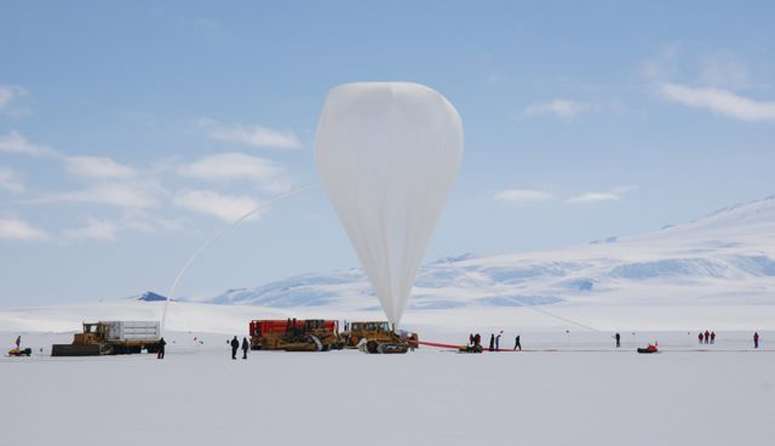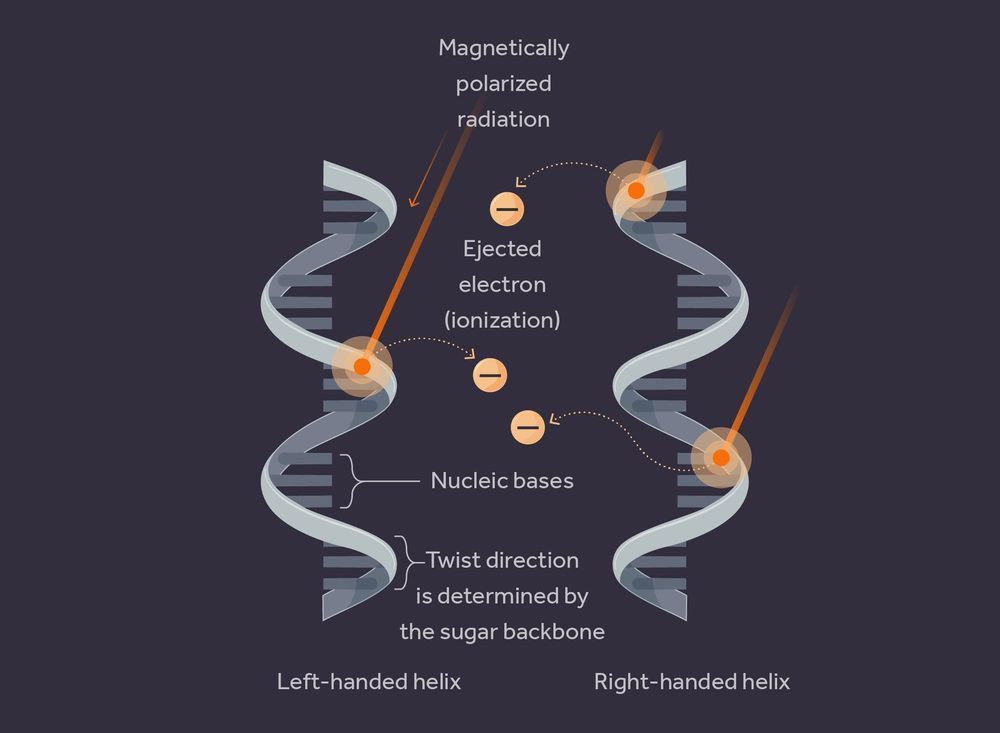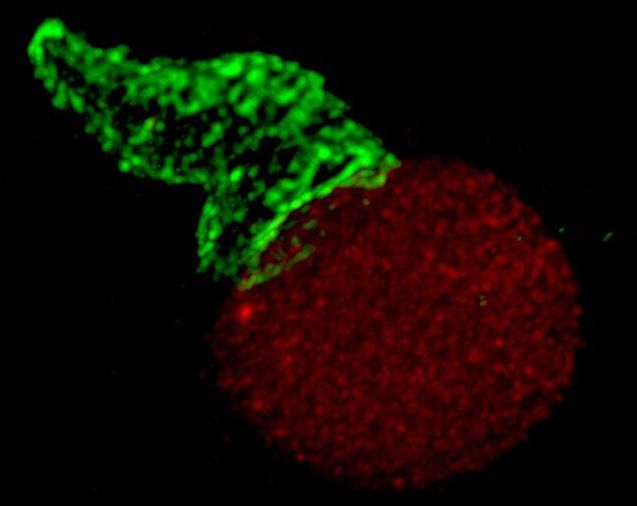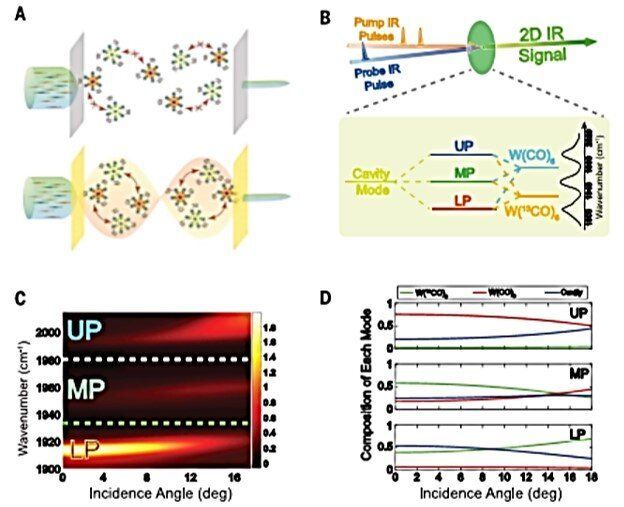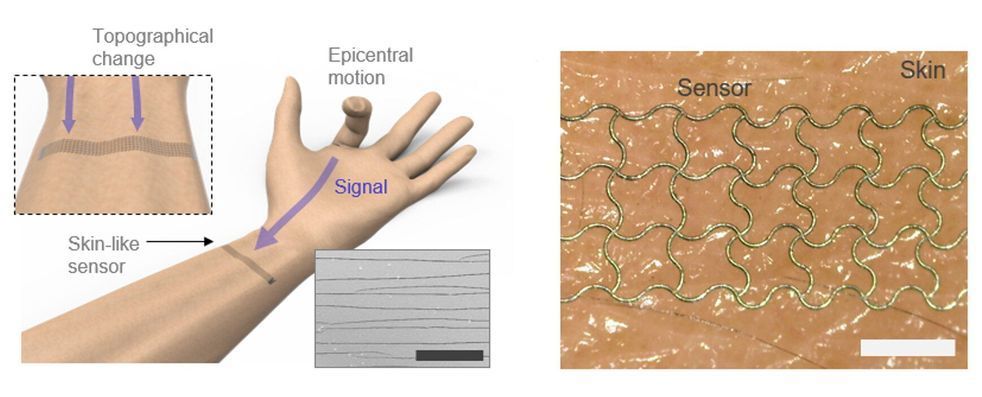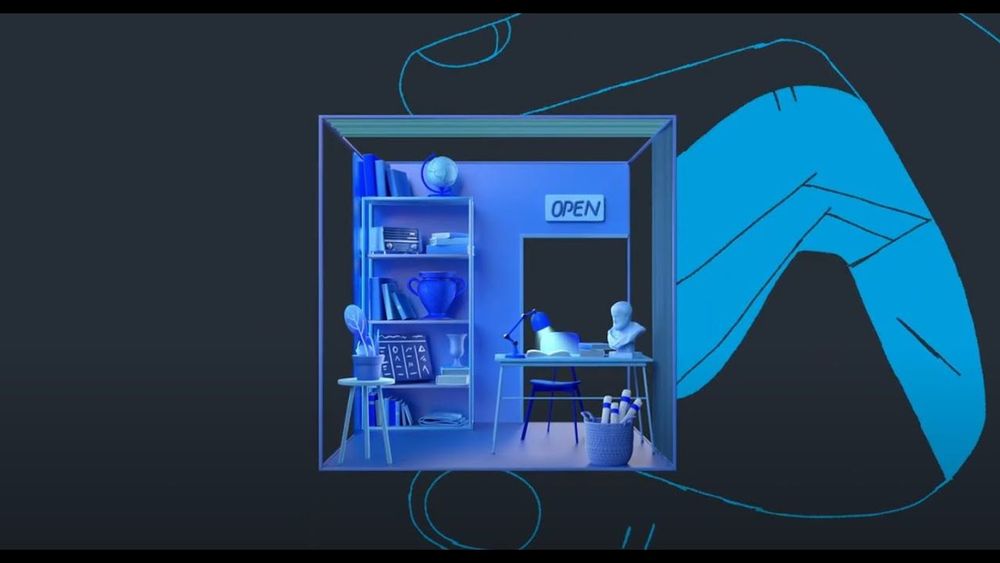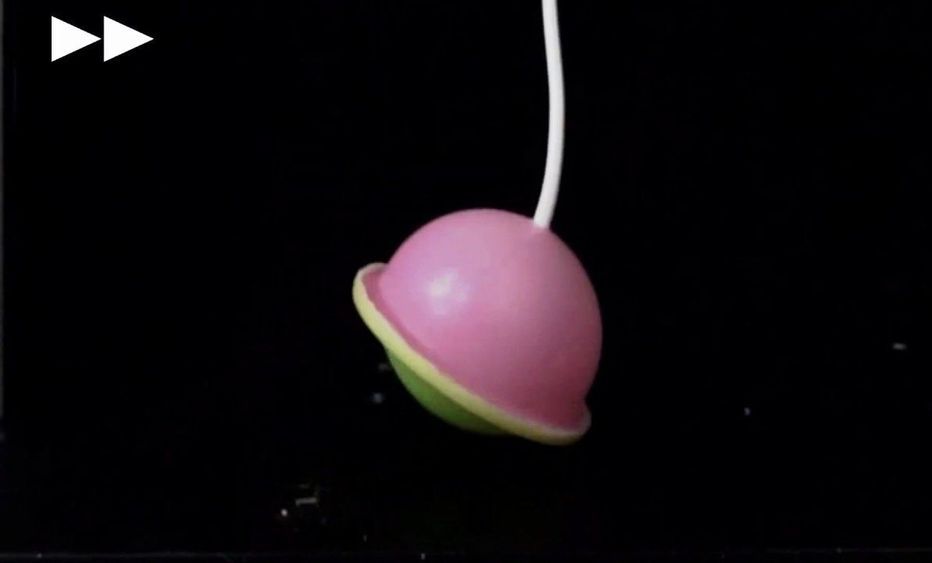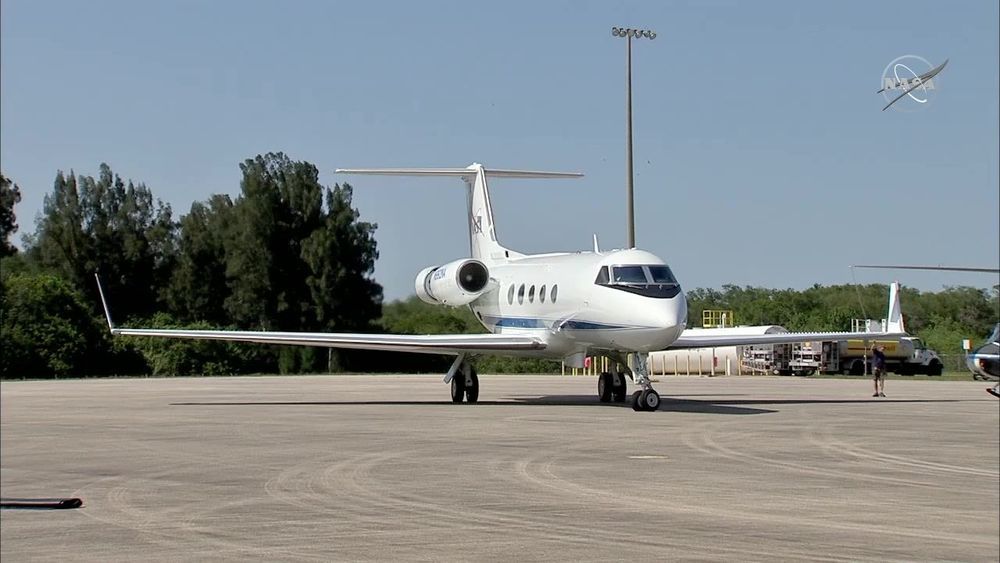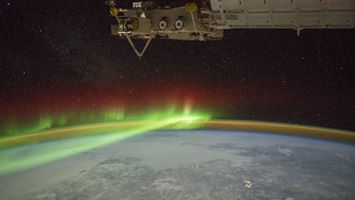(WHDH) — Scientists at NASA have reportedly uncovered evidence of a bizarre parallel universe where the rules of physics and time appear to be operating in reverse.
Researchers conducting an experiment in Antarctica discovered particles from a universe that was born during the same Big Bang the created the one we live in, according to NewScientist.
A NASA team was using a giant balloon to carry electronic antennas into the sky above the frozen wastes of Antarctica when they encountered a “wind” of particles from outer space that were “a million times more powerful” than anything they had seen before, the news outlet reported.
